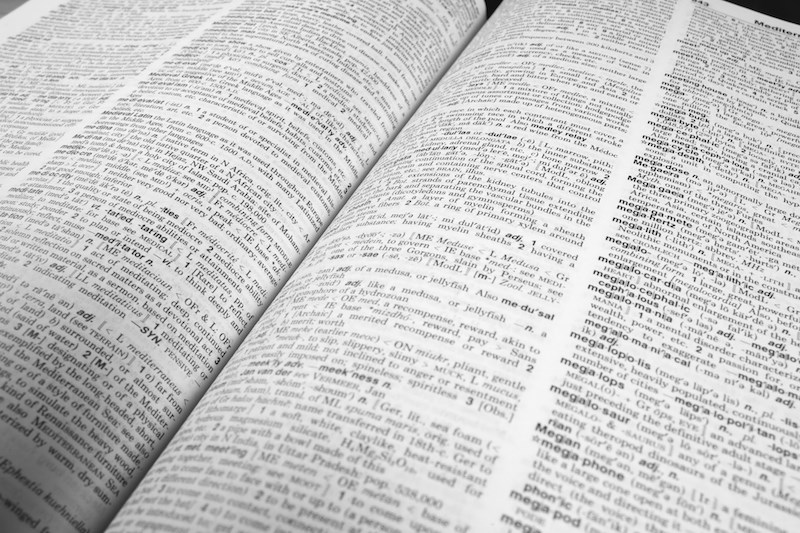The provincial government has announced it is removing gendered language from various regulations in B.C.
Roughly 600 instances of gendered language across 15 ministries have been updated to reflect the diversity of the people, says the province.
The changes were made to ensure residents have equal access to government services, regardless of sexual orientation, gender identity, race or cultural beliefs.
"Language matters. It allows people to feel recognized and affirmed," says Ravi Kahlon, Minister of Jobs, Economic Recovery and Innovation.
"By upholding inclusive language, our government is taking steps to protect British Columbians' human rights. We believe outdated language that prevents people from being seen for who they are should be removed to help tackle gender bias," Kahlon adds.
Gendered language amendments have been made through the annual regulatory process, says the government.
The government says gendered words have been changed to inclusive language that acknowledges gender equity and diversity. For example, terms like "he" or "she," "brother" and "wife" have been updated with more neutral language to consider all gender identities.
Elijah Zimmerman, executive director at Victoria Sexual Assault Centre says, "Being intentional with inclusive language is a form of welcoming and belonging, and a positive step toward uplifting gender-diverse experiences."



